AI is no longer a technology of the future but is already reshaping the geopolitical landscape, changing the global balance of power...
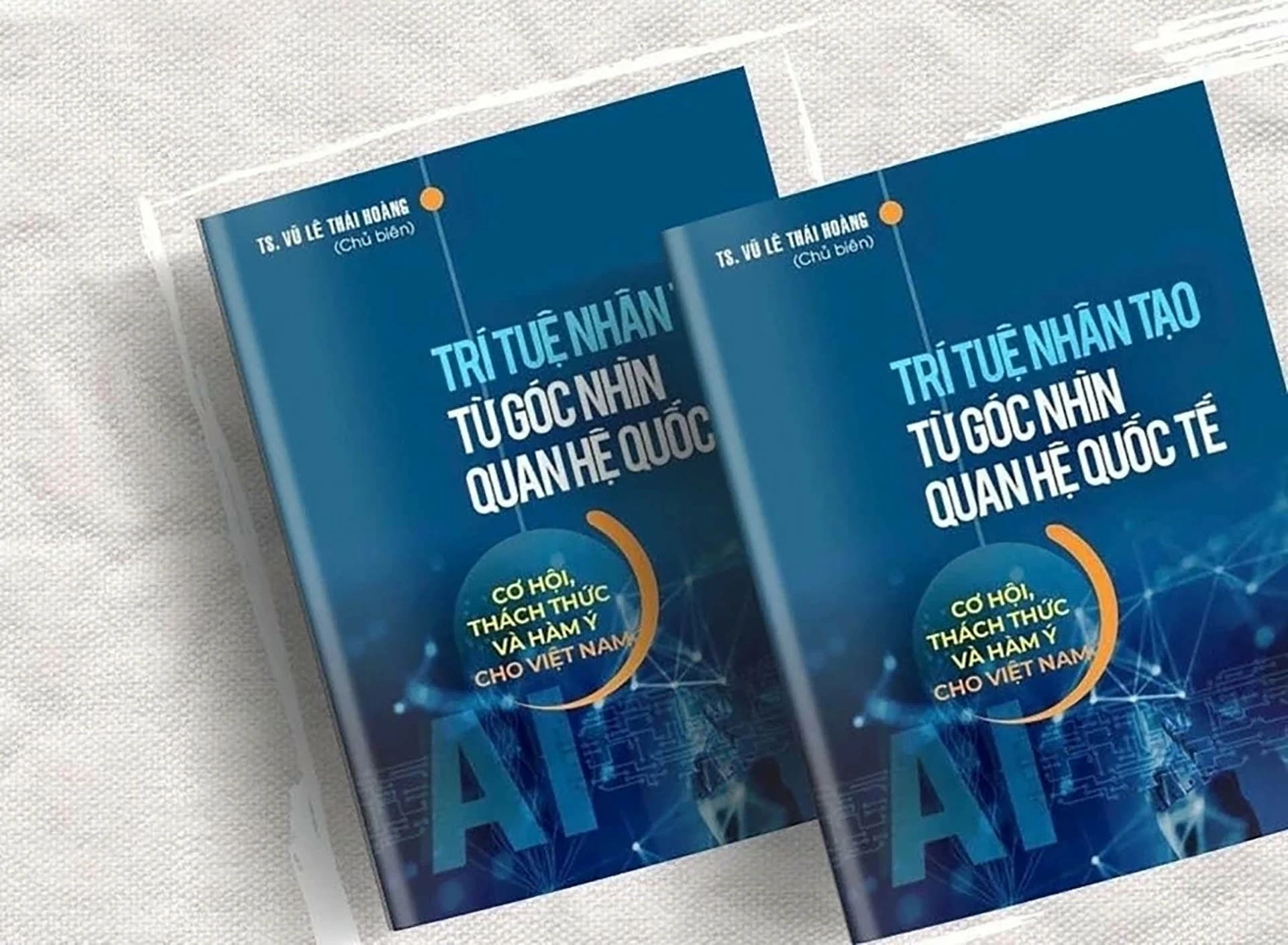 |
| The book Artificial Intelligence from the perspective of international relations. Opportunities, challenges and implications for Vietnam. |
The book Artificial Intelligence from the Perspective of International Relations: Opportunities, Challenges and Implications for Vietnam, edited by Dr. Vu Le Thai Hoang, Director of the Institute for Strategic Studies (Diplomatic Academy), has just been released and has "sold out" not only because of the attractiveness of the title but also because of the meticulousness and dedication of a research project.
According to Dr. Vu Le Thai Hoang, the book is a timely and necessary effort to contribute to identifying the profound changes that AI is creating in international relations. Especially from 2022-2023, the remarkable development of large language models and generative AI has been creating breakthrough impacts in many fields.
It can be affirmed that AI is no longer a technology of the future but has been and is reshaping the geopolitical landscape, changing the global balance of power, and directly affecting the national interests of countries.
Regarding the motivation for compiling the book, Dr. Vu Le Thai Hoang said that it stemmed from the urgent need to have a comprehensive and in-depth view of the impact of AI on international relations from Vietnam's perspective. In the context of increasingly fierce strategic competition between major powers in AI technology, researching and grasping the opportunities and challenges that AI brings will be of great significance to the country's security and development.
The authors hope that the book will not only contribute to providing academic references but also aim to propose specific policy directions, contributing a small part to the effort to help Vietnam be proactive and self-reliant in the AI era that is gradually taking shape.
The book discusses the future of AI - AGI (AGI - Artificial general intelligence - is understood as AI systems capable of performing any intellectual task that humans can do), thereby deeply analyzing the impact of AGI on international relations. According to Dr. Vu Le Thai Hoang, the "security dilemma" in the AI era is much more complex and multidimensional than the nuclear weapons era. If with nuclear weapons, we can count the number of warheads, estimate the destructive power and deterrence capacity, then with AI, especially when moving towards AGI, assessing the potential and true capacity of a country becomes extremely difficult.
This stems from the “dual” nature of AI – both a civilian and a military technology, its rapid and unpredictable development, and its pervasiveness in all areas of life.
As major countries accelerate the development of AI, “measuring” the balance of power requires new metrics and approaches. It is not simply a matter of comparing the number of patents or investment in research and development, but also taking into account factors such as access to data, computing power, quality of human resources, and especially the ability to integrate AI into strategic decision-making systems. This makes maintaining strategic stability in the AI era a new challenge, requiring closer coordination and dialogue between countries.
Implications for Vietnam: The book mentions a comprehensive AI diplomacy strategy to promote an active role in shaping international rules and standards on AI development and use.
The book’s editor asserts that, as a dynamic developing country with technological potential and a proven role in many important international issues, Vietnam has the opportunity to act as a bridge between developed and developing countries in the field of AI. This can be done through actively participating in multilateral forums on AI governance, promoting South-South cooperation in technology development, and sharing experiences in applying AI for sustainable development.
The book also mentions making AI a strategic pillar in the 14th National Congress documents, which is not simply the addition of a new technological term, but reflects a strategic vision of the key role of AI in the country's development. This will be an important basis for orienting national resources, promoting innovation and, more importantly, demonstrating Vietnam's determination to seize the opportunities of the digital age to realize the aspiration of developing a prosperous and happy country.
Source: https://baoquocte.vn/tu-chu-chu-dong-trong-ky-nguyen-ai-292912.html


![[Photo] Vietnam and Brazil sign cooperation agreements in many important fields](https://vstatic.vietnam.vn/vietnam/resource/IMAGE/2025/3/28/a5603b27b5a54c00b9fdfca46720b47e)
![[Photo] Prime Minister Pham Minh Chinh meets with Brazilian President Luiz Inacio Lula da Silva](https://vstatic.vietnam.vn/vietnam/resource/IMAGE/2025/3/28/41f753a7a79044e3aafdae226fbf213b)

![[Photo] Helicopters and fighter jets practice in the sky of Ho Chi Minh City](https://vstatic.vietnam.vn/vietnam/resource/IMAGE/2025/3/28/3a610b9f4d464757995cac72c28aa9c6)

![[Photo] General Secretary To Lam receives Brazilian President Luiz Inácio Lula da Silva](https://vstatic.vietnam.vn/vietnam/resource/IMAGE/2025/3/28/7063dab9a0534269815360df80a9179e)
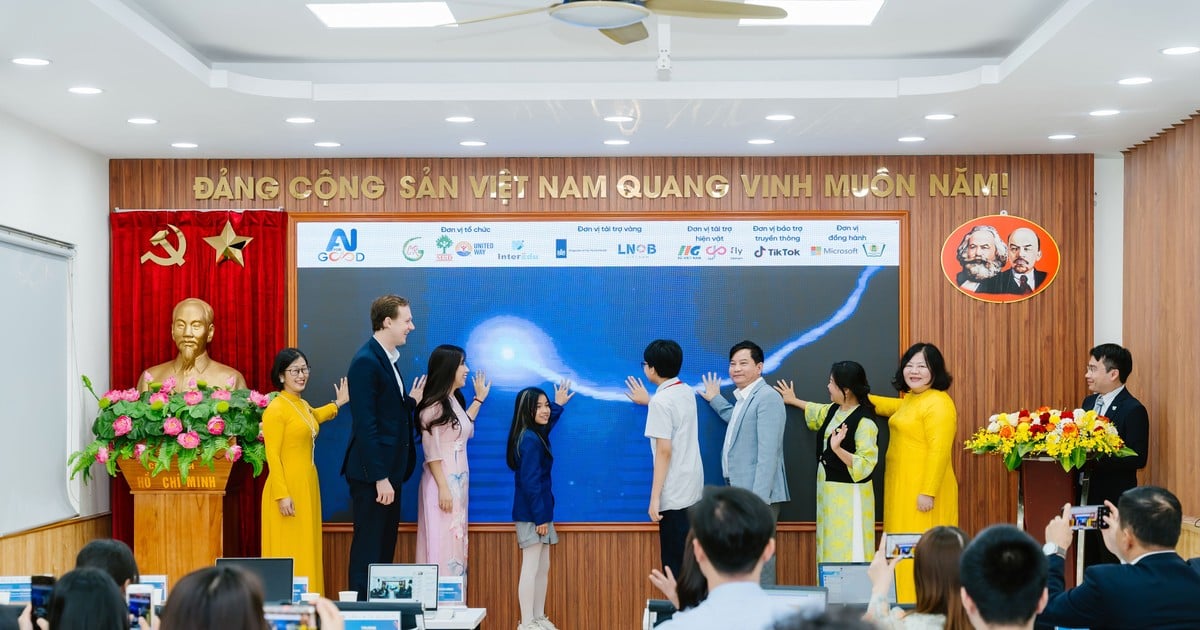




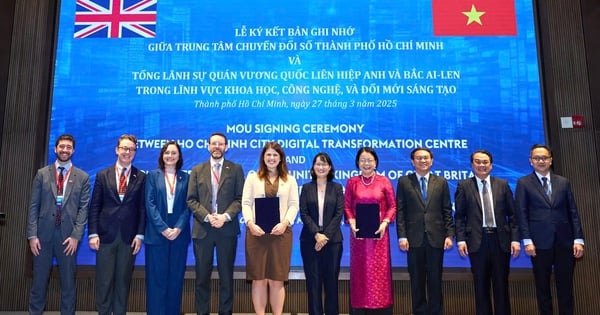



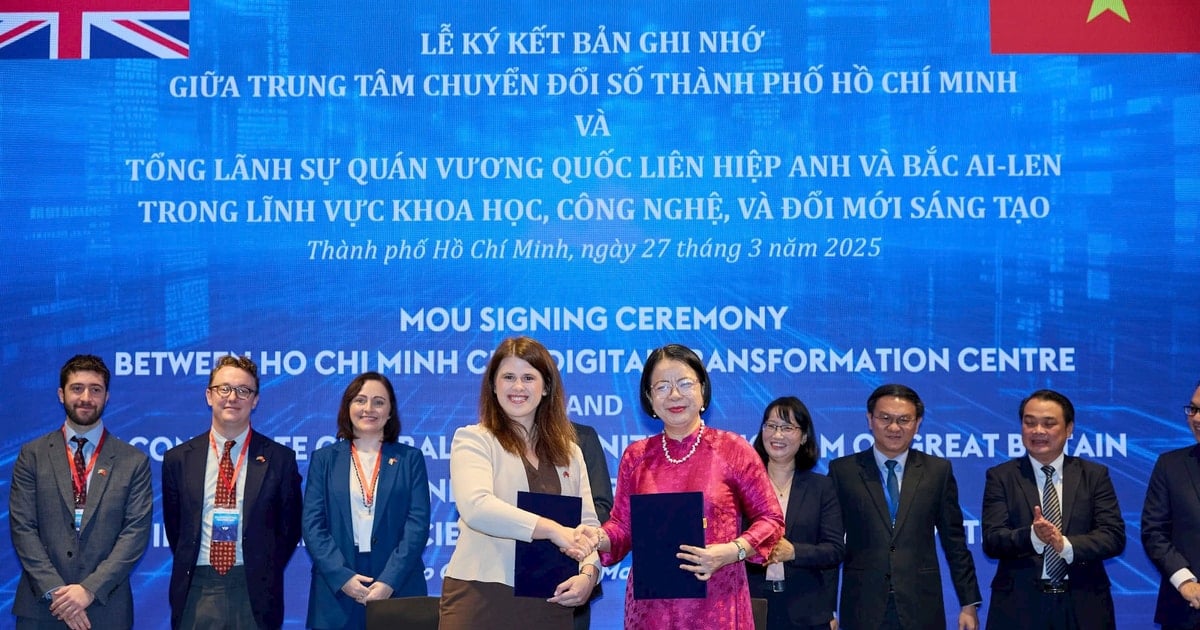


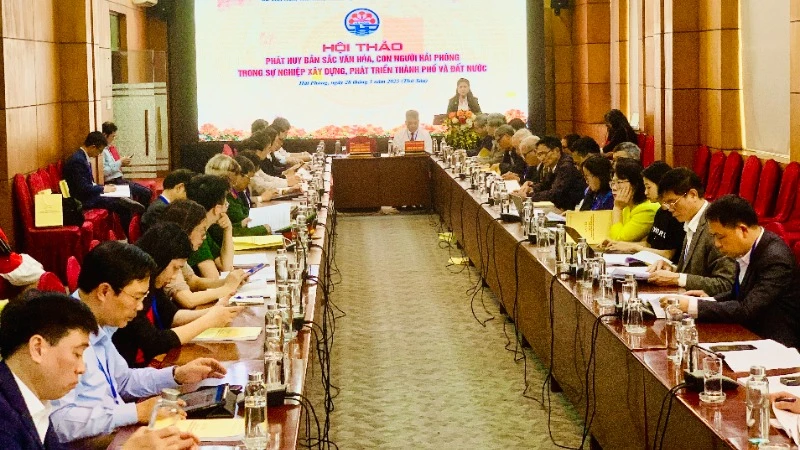








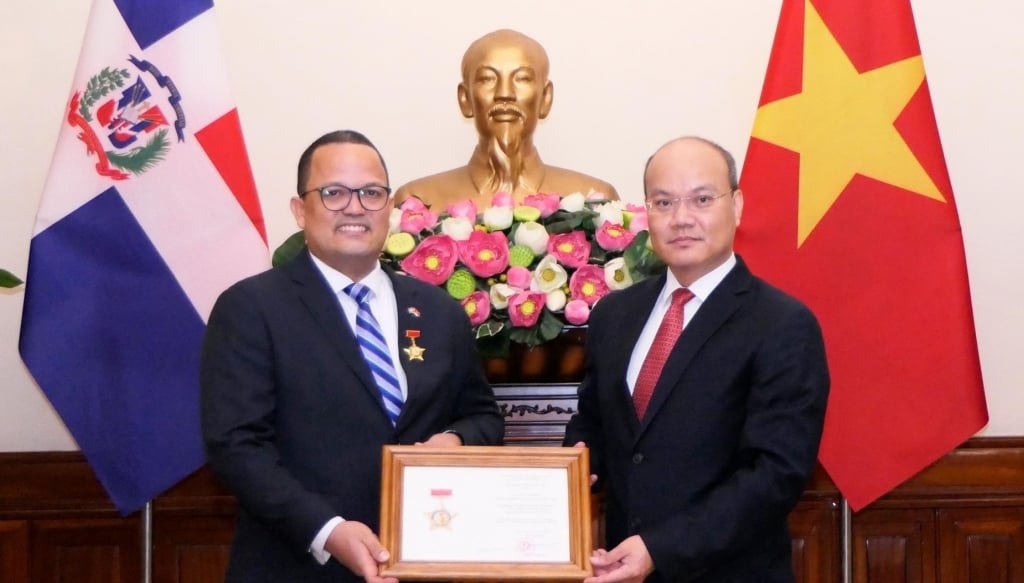
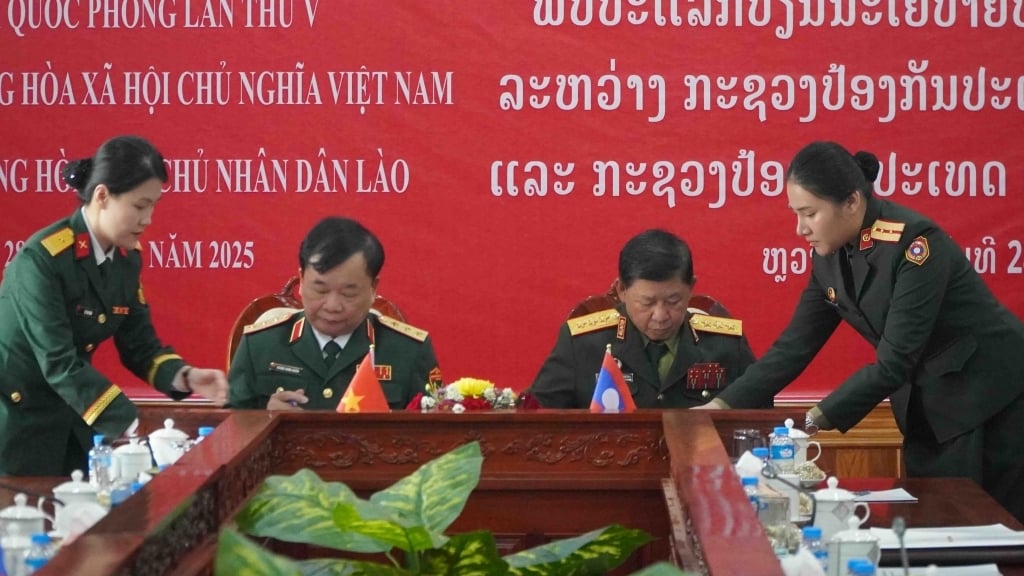
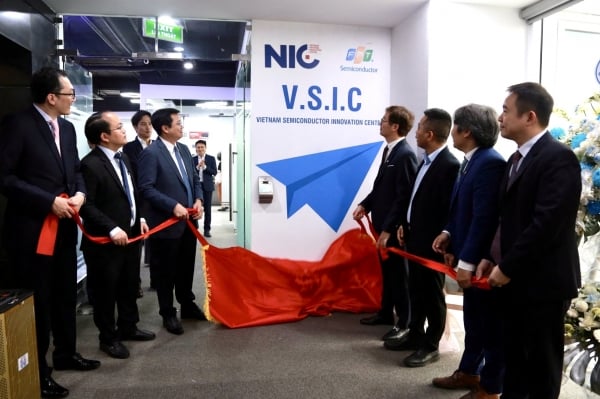










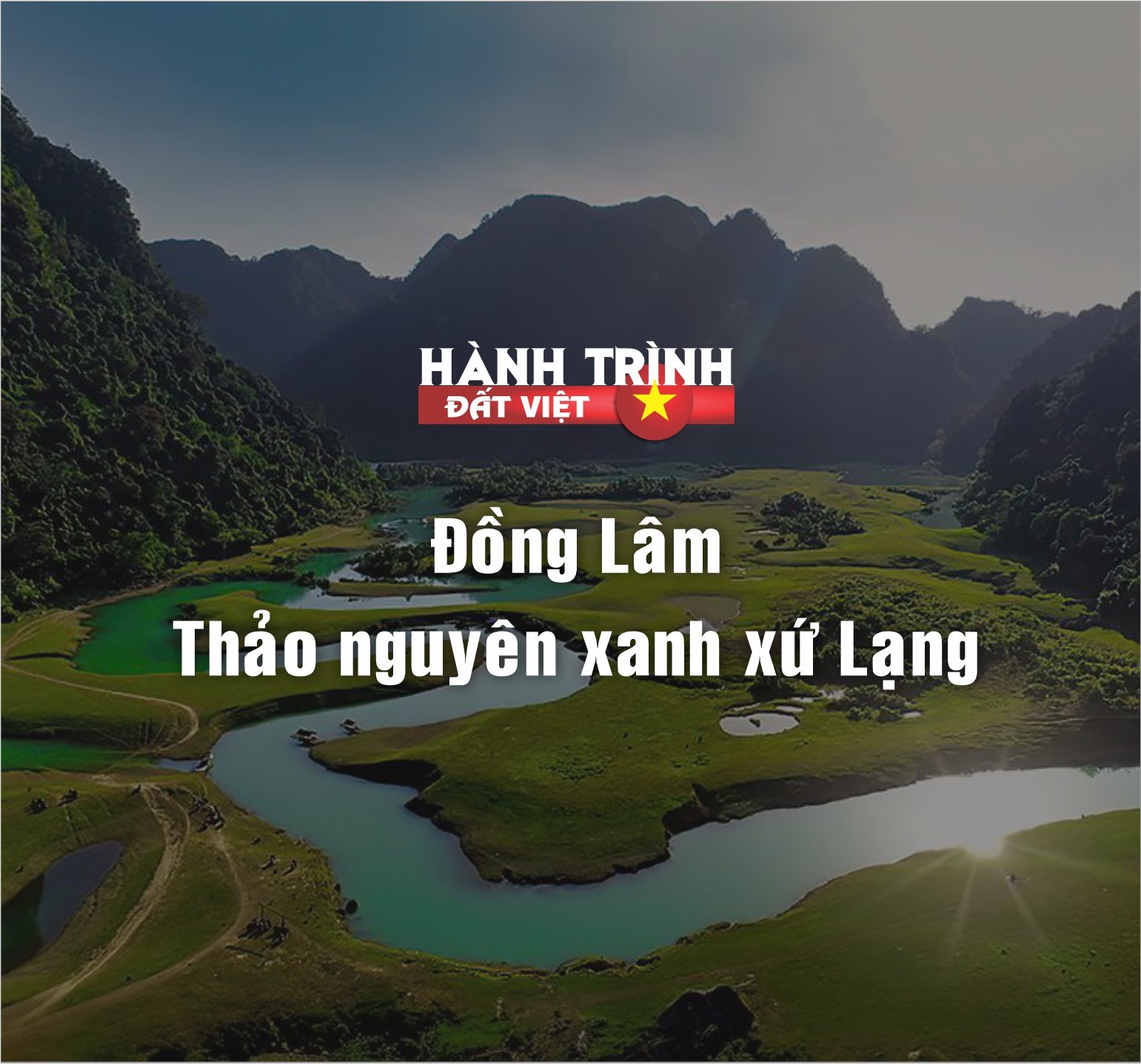

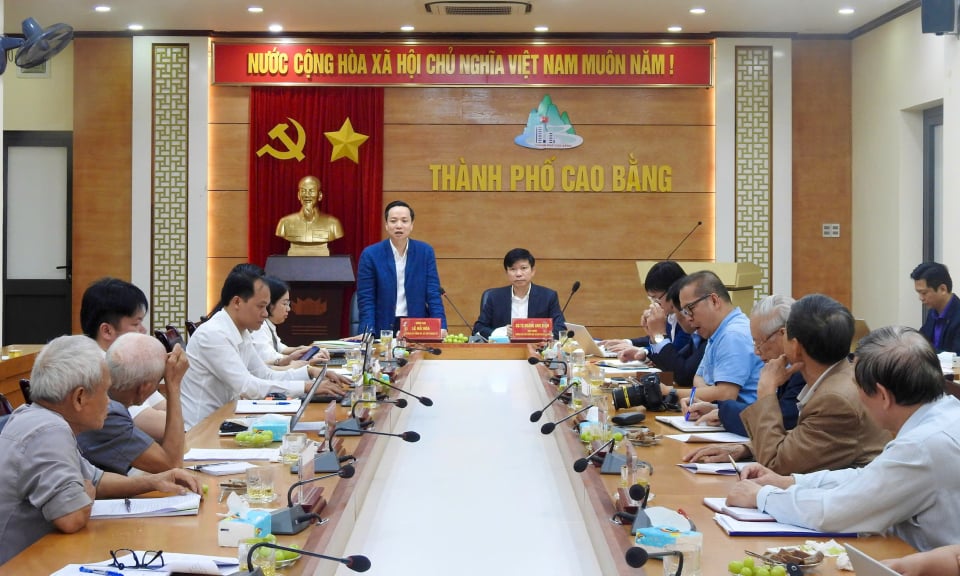

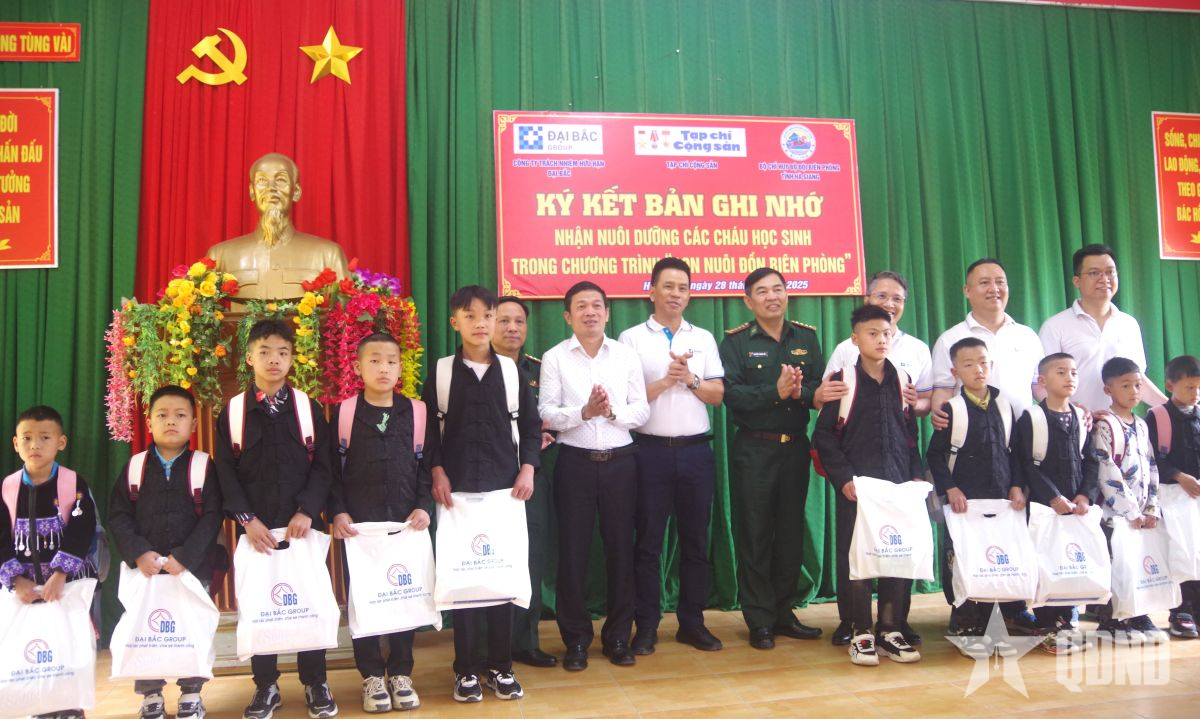

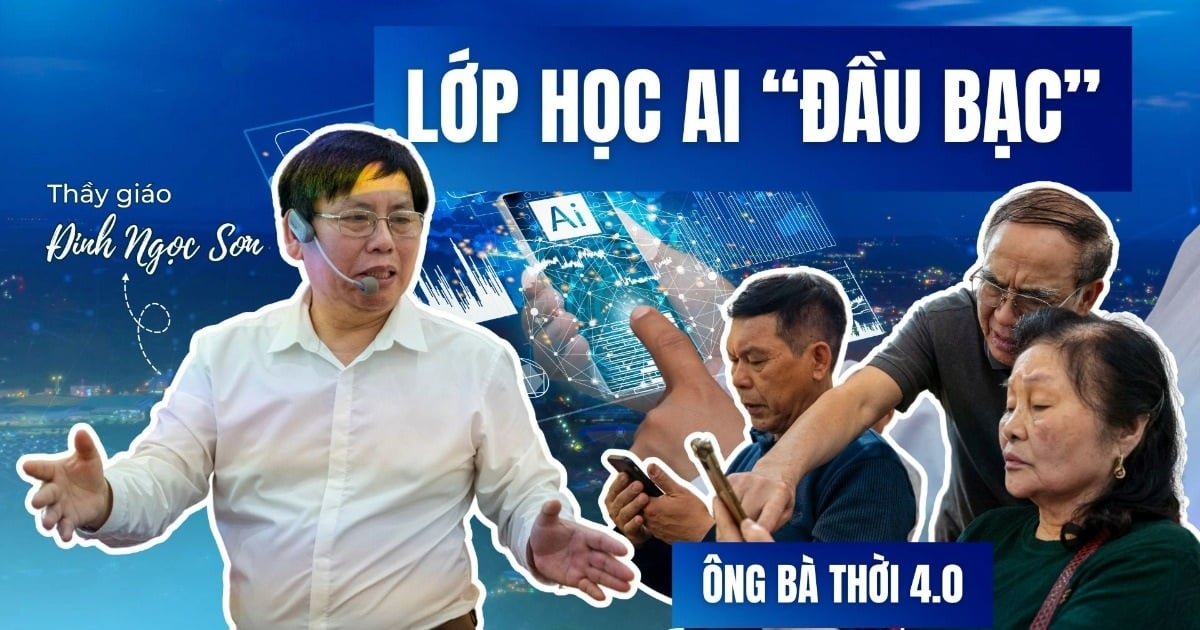

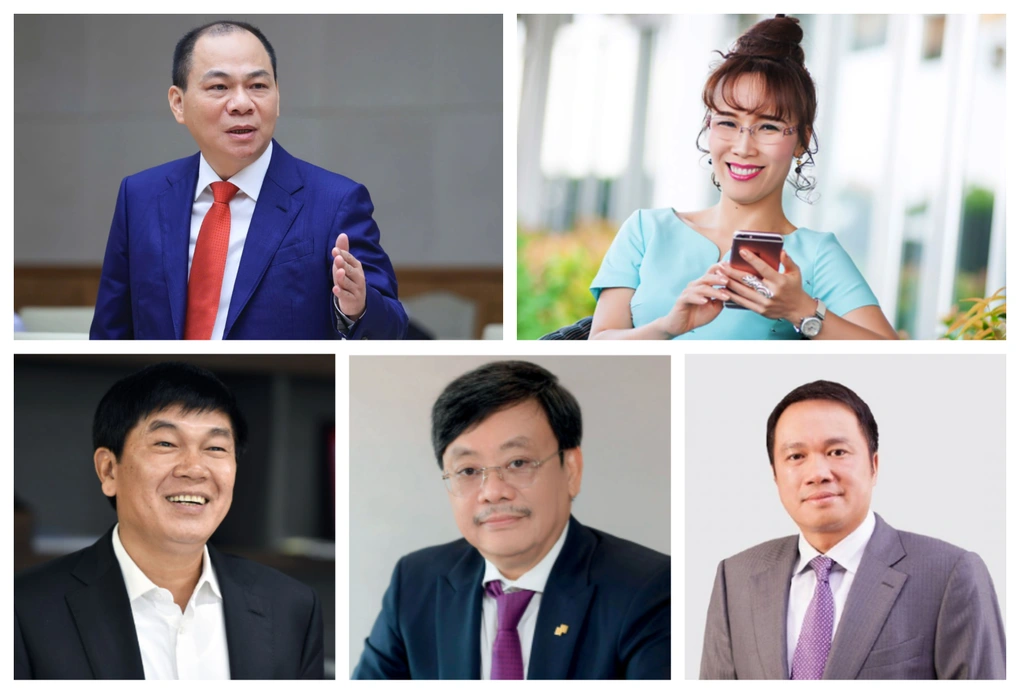

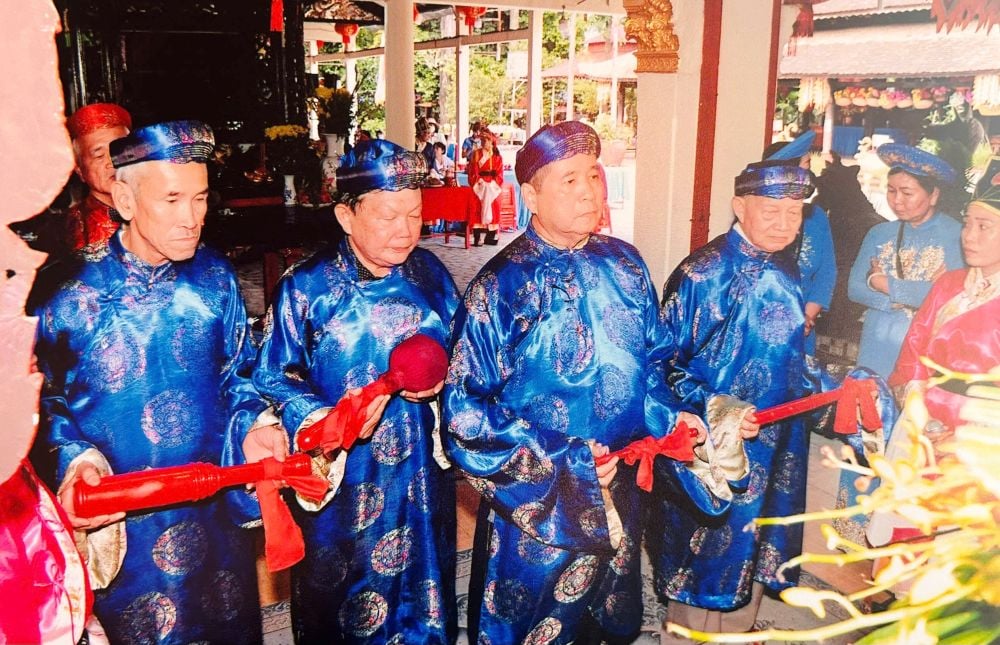










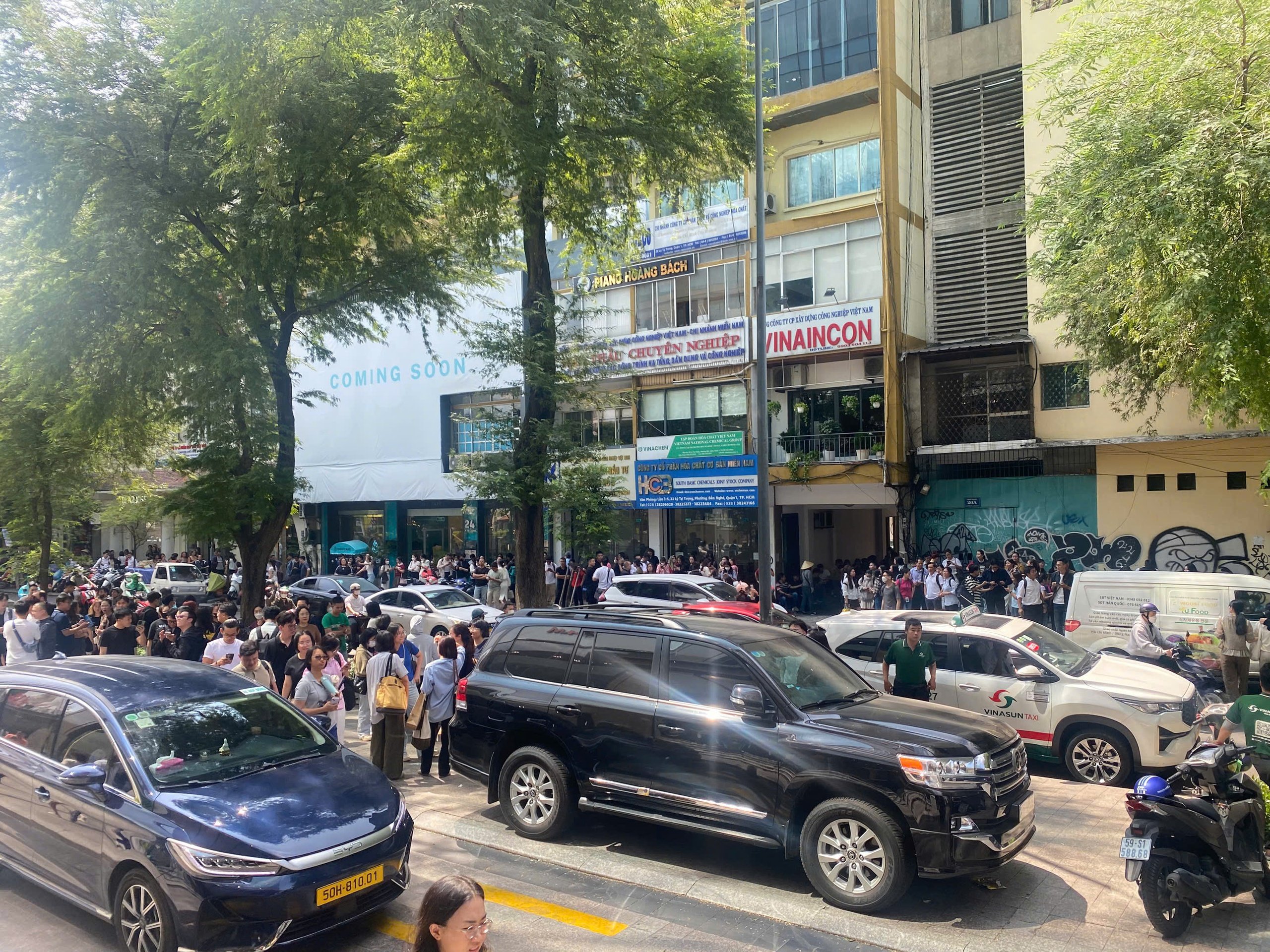
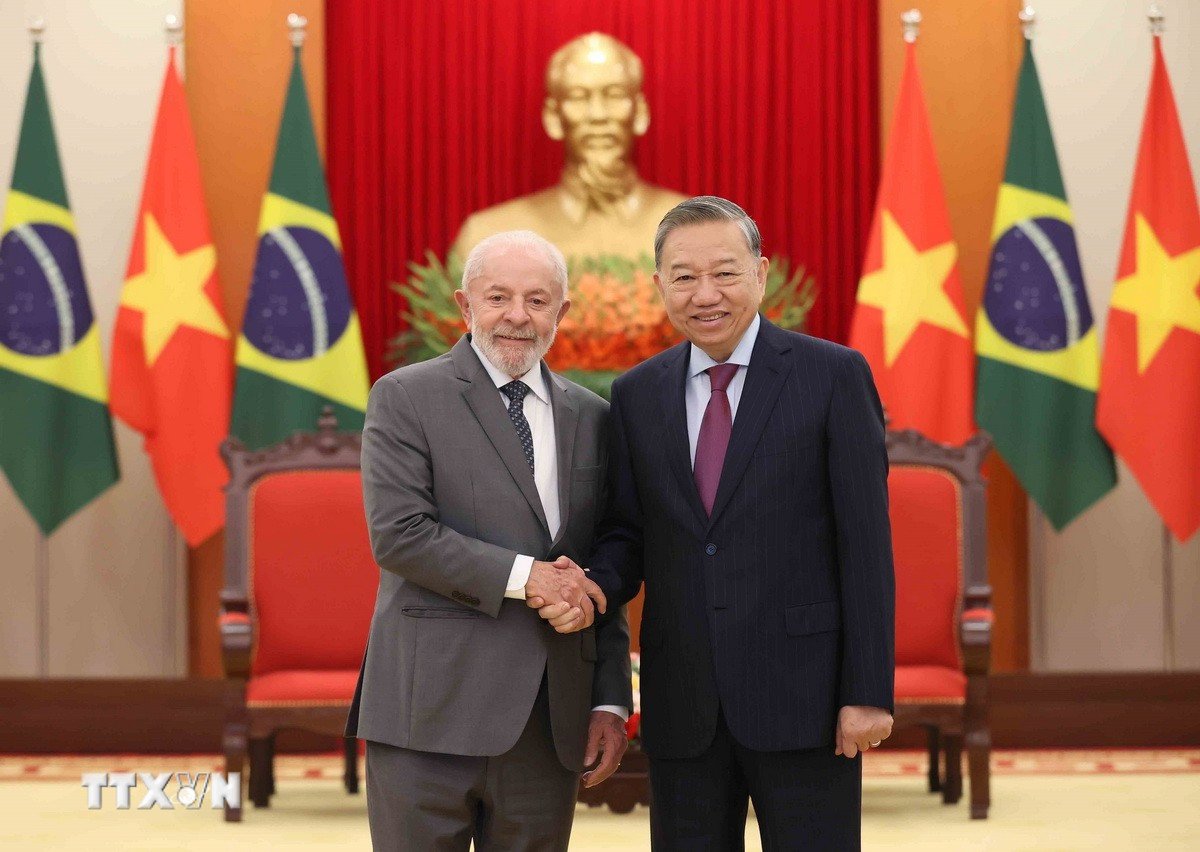

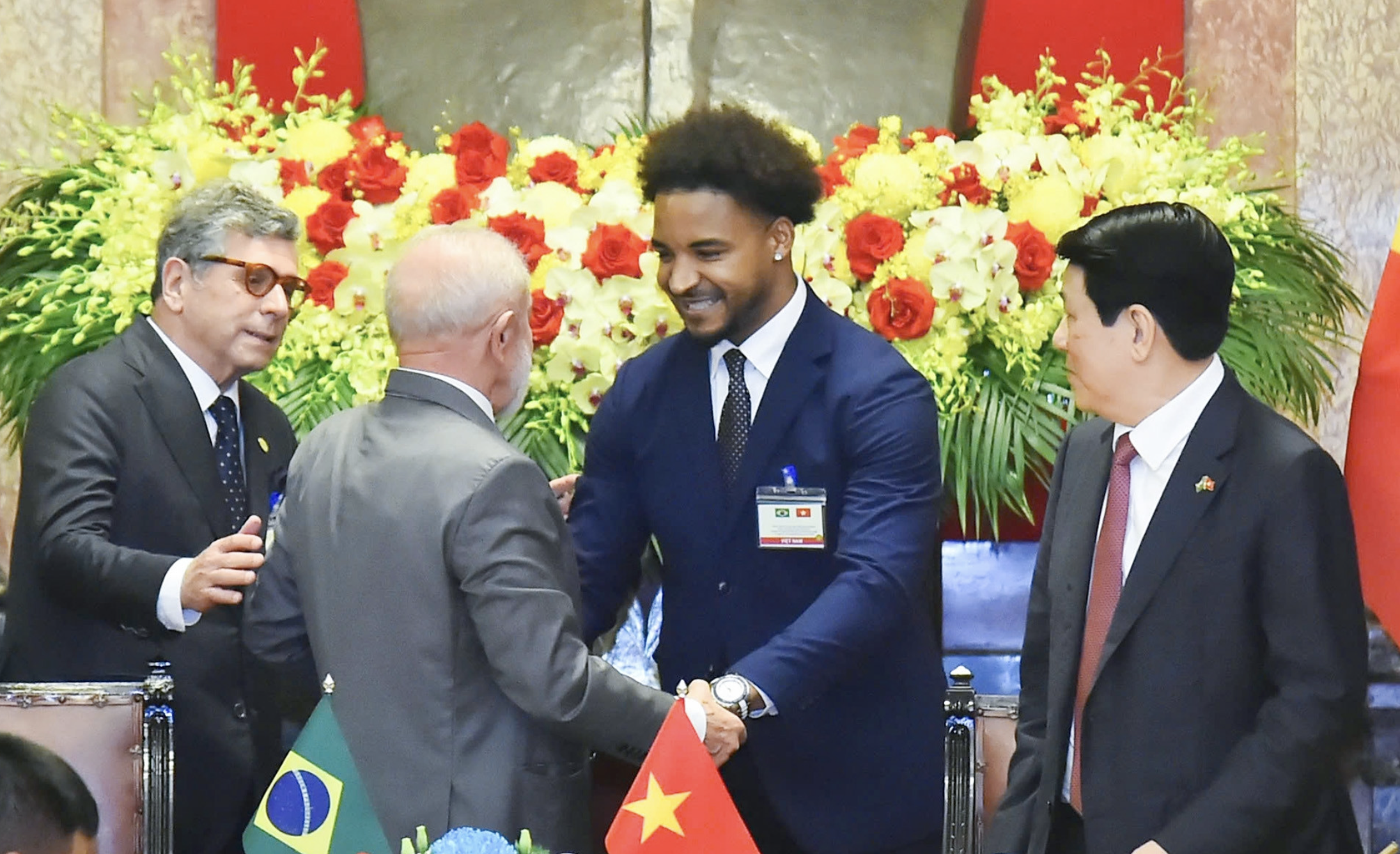

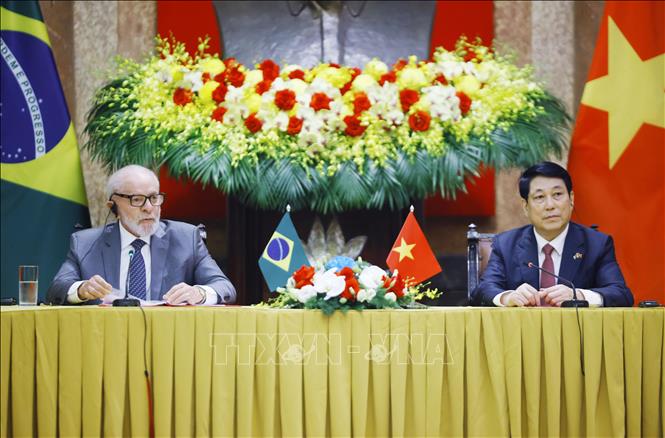

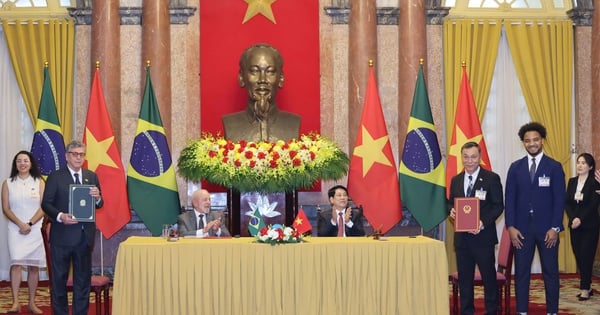



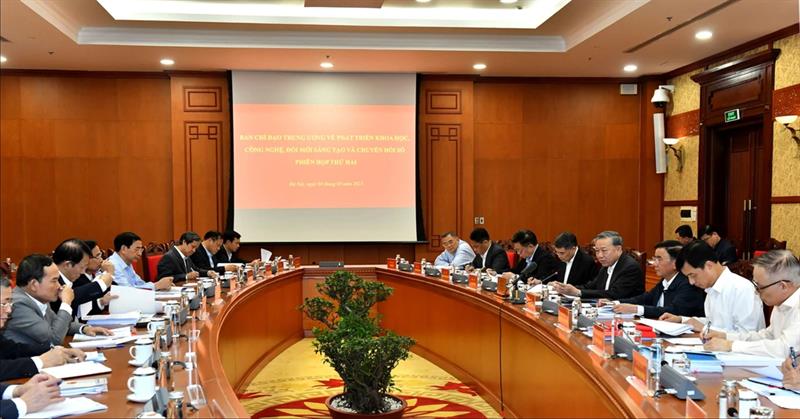




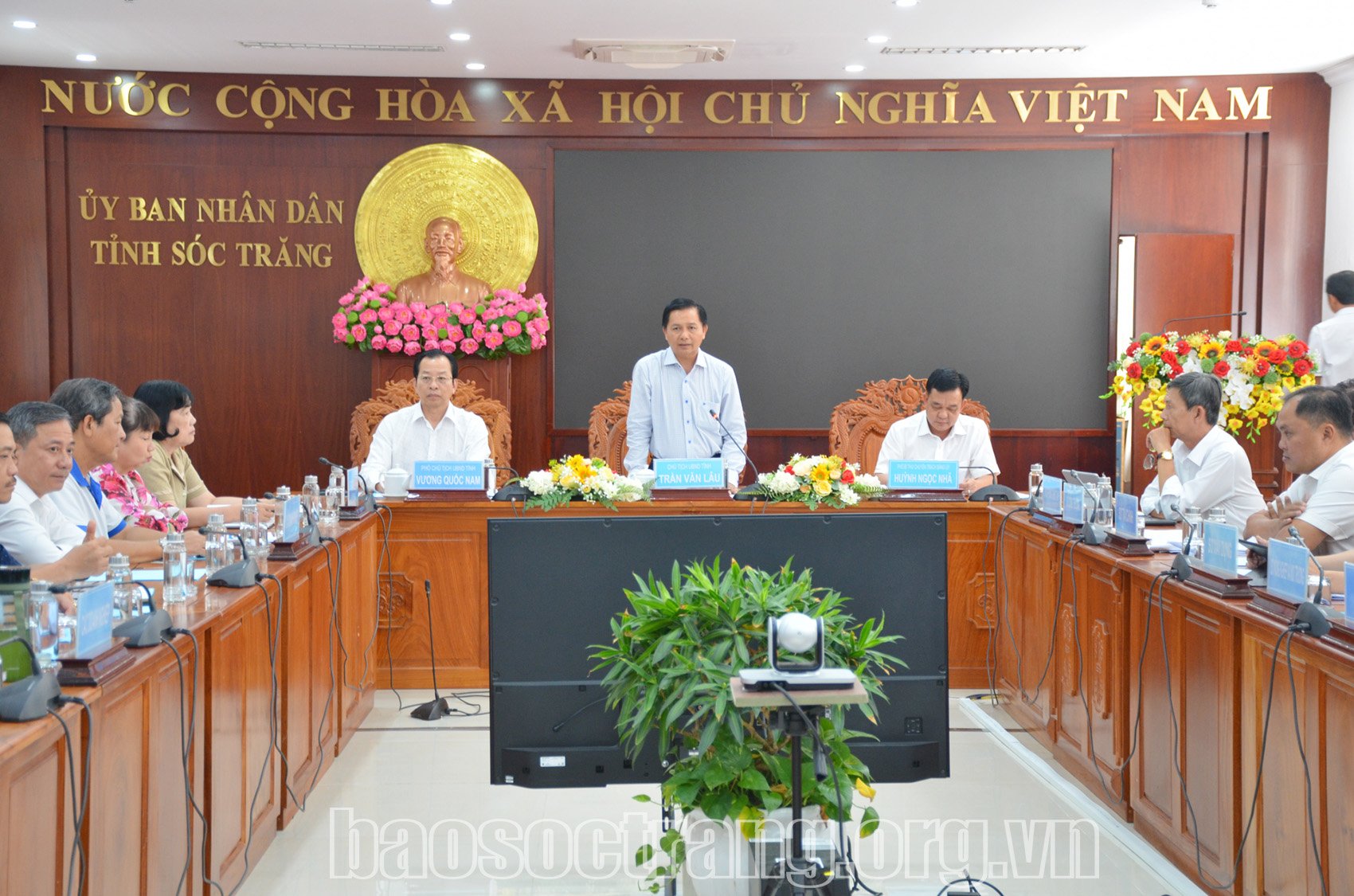

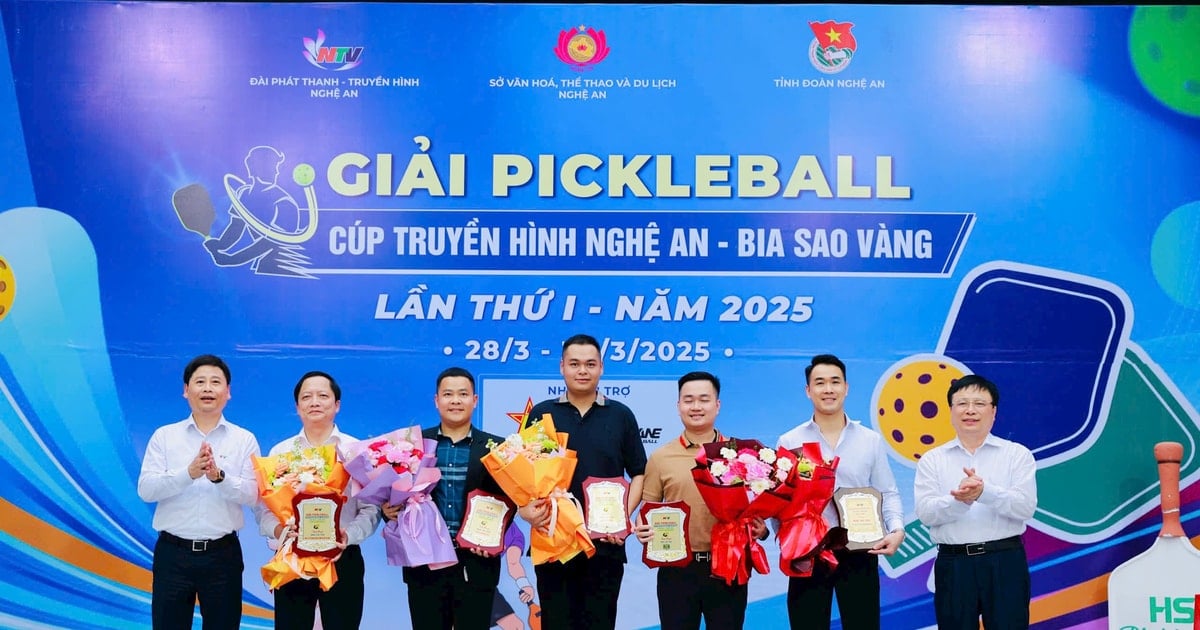



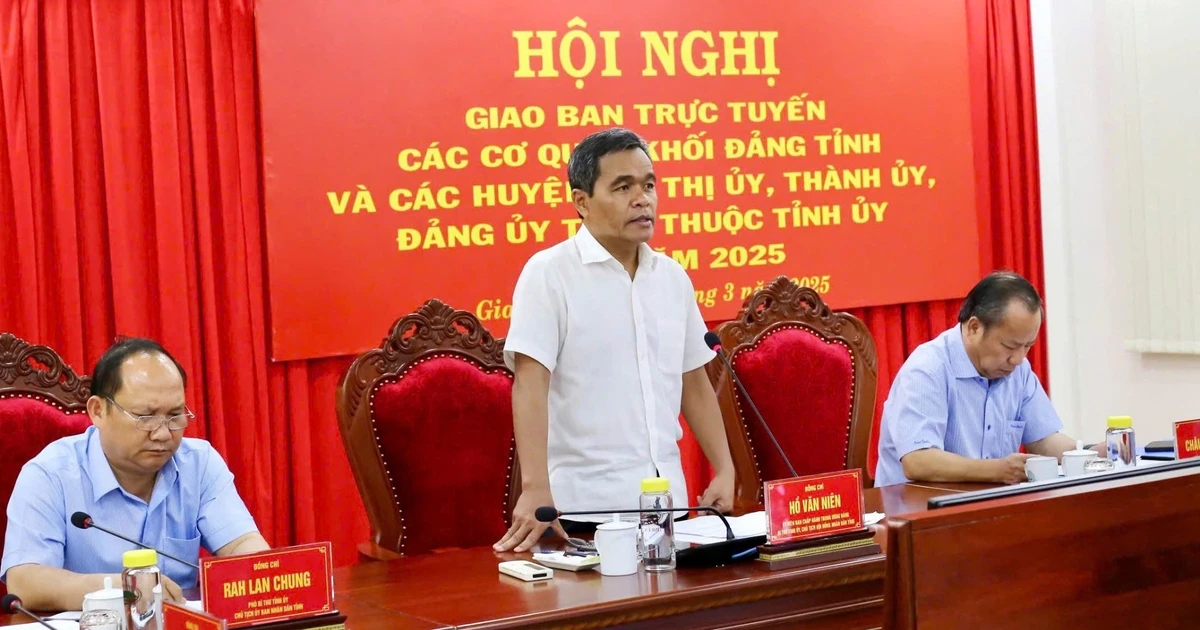
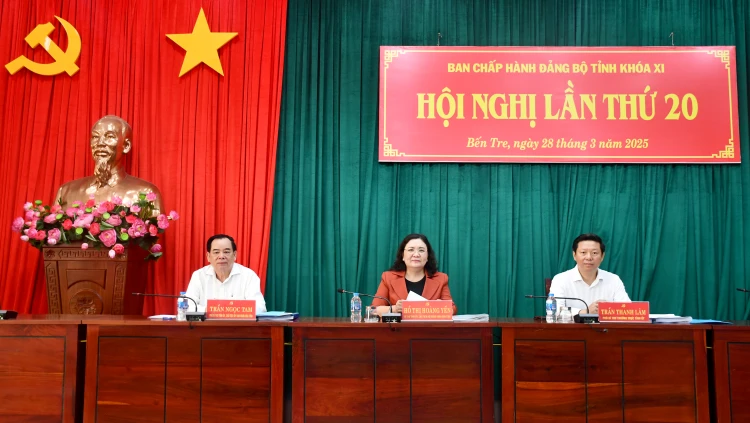

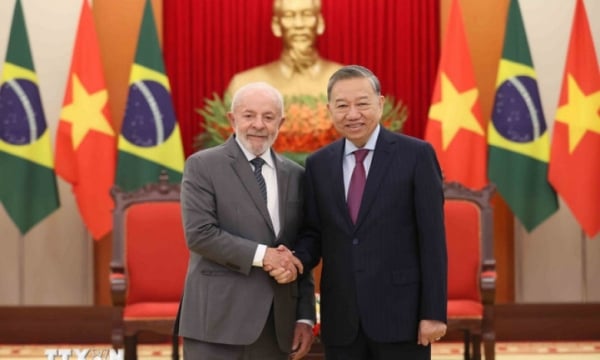





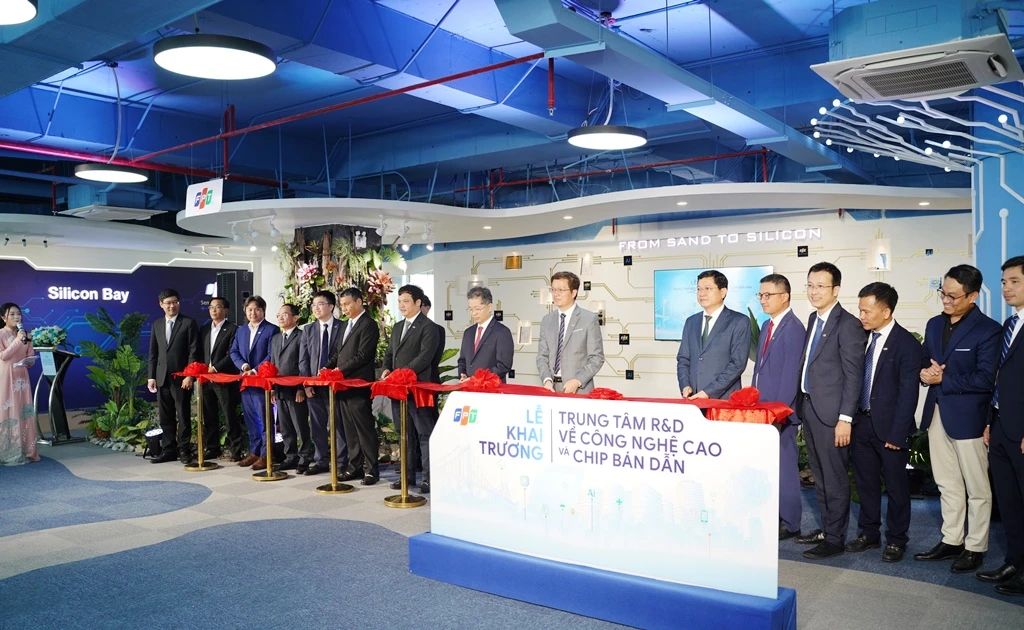
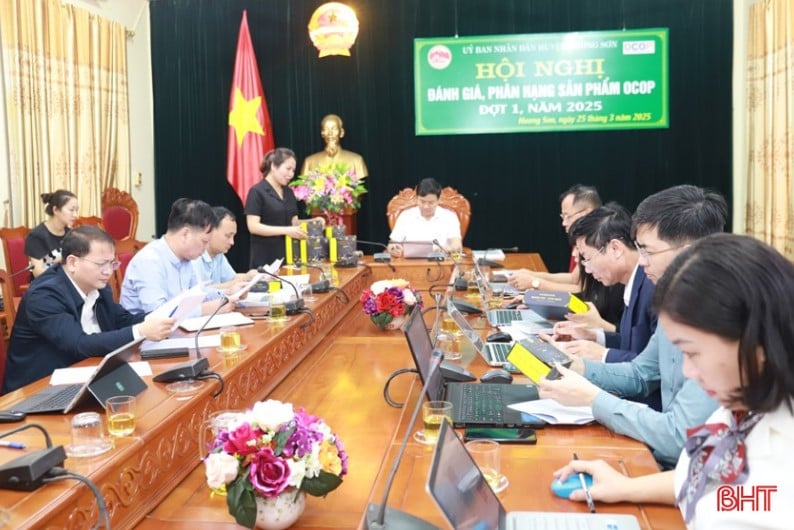


Comment (0)